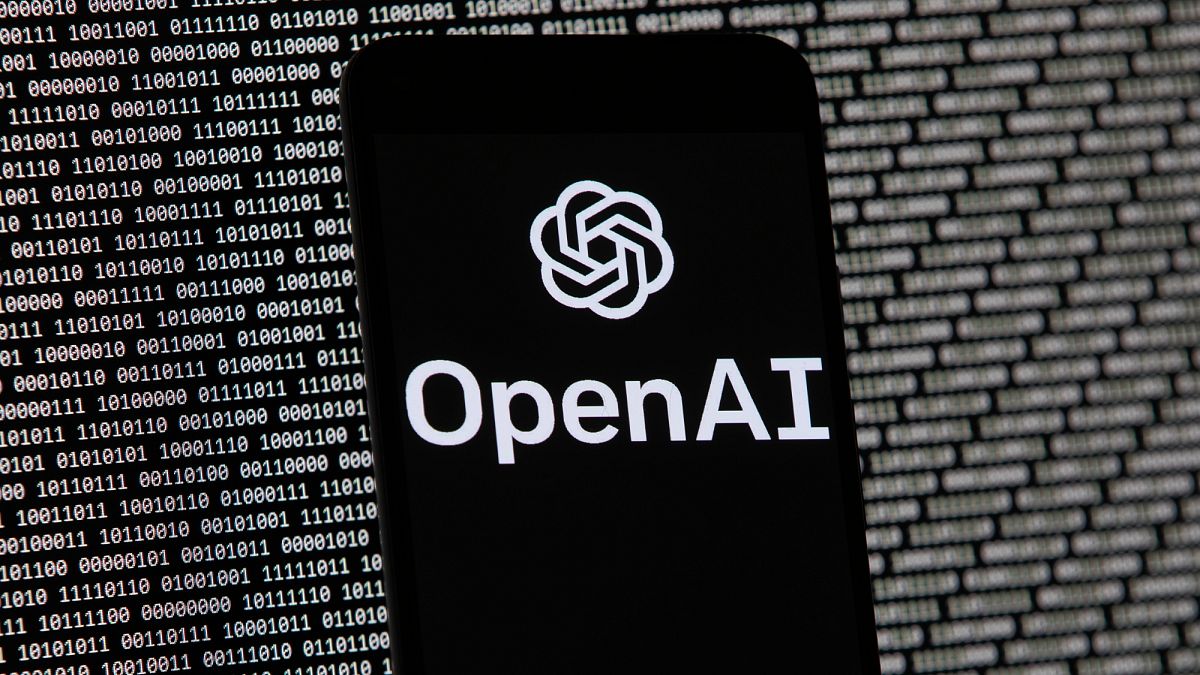

In a remarkable shift within the digital sphere, AI leaders OpenAI and Perplexity are stepping forward to challenge Google’s longstanding supremacy in online search. This movement heralds the emergence of new AI-powered web browsers, as OpenAI and Perplexity leverage advanced technologies to redefine user experience and accessibility in browsing. Amid this significant development, Google grapples with ongoing anti-competition lawsuits and fines, shining a spotlight on the transformative potential of AI in altering the landscape of online search.
OpenAI and Perplexity’s foray into the domain of AI-driven search browsing underscores a dynamic evolution in the internet ecosystem. The companies aim to enhance search precision and user engagement by integrating sophisticated AI capabilities into their browsers. As these innovations unfold, users can anticipate more personalized and efficient search responses, offering a refreshingly intuitive browsing experience. This advent not only boosts competition but also encourages the development of increasingly user-centric digital tools.
Adding another layer of complexity to the AI landscape are regulatory frameworks such as the European Union’s AI Code. The EU is currently awaiting commitments from various companies to endorse this code of practice, which sets forth guidelines intended to ensure ethical AI deployment. The anticipation surrounding which companies will align with this initiative reflects broader efforts to manage AI advancements responsibly. Transparent and conscientious practices stand at the forefront of these discussions, providing a foundation for trustworthy AI integration across industries.
In a parallel development, the Czech Republic has taken a definitive stance by banning the Chinese AI startup DeepSeek from engaging in governmental work. This action, driven by cybersecurity concerns, mirrors similar measures adopted by nations such as Italy and Australia. Highlighting the intricate balance between technological innovation and national security, this decision signifies a broader trend of cautious adoption of AI, ensuring that sensitive governmental operations remain secure from potential cybersecurity threats.
The convergence of technological progress and regulatory vigilance is creating a thoughtful dialogue around the place of AI in modern society. As emerging technologies introduce unprecedented possibilities, the commitment to ethical and secure implementation is crucial. OpenAI and Perplexity’s initiatives, along with the EU’s focus on ethical practices, point to a future where AI can thrive within a framework of trust and responsibility. This era of AI exploration invites optimism as it endeavors to harmonize technological advancements with sustainable and secure application.
Overall, the current landscape of AI reflects both the promise and responsibility that come with innovation. As new AI technologies gain prominence, they bring with them the potential to transform industries and improve lives. Successfully navigating this journey requires a careful balance of innovation, ethical standards, and regulatory oversight. In doing so, the vision of a digital future that is not only smarter but also more inclusive and secure comes closer to becoming a reality, bridging the gap between cutting-edge technology and human-centered progress.
Source: {link}
